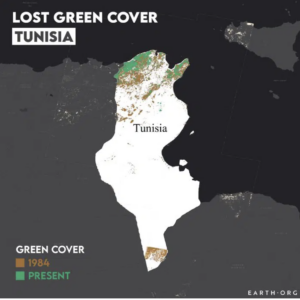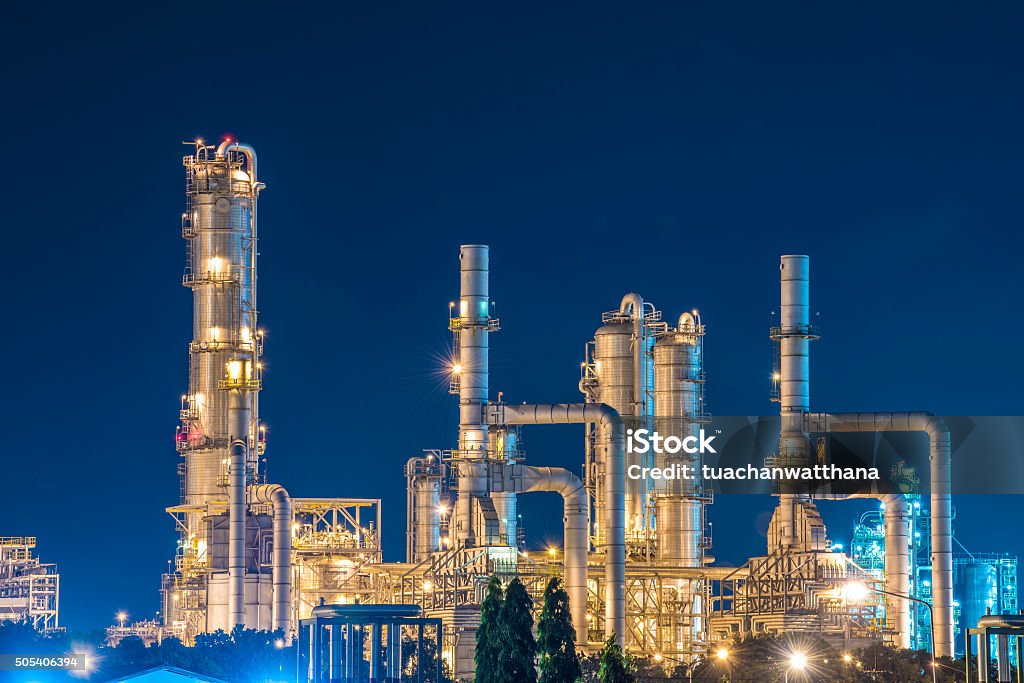A Siege of Salt and Sand-Review
October 2, 2023
The film A Siege of Salt and Sea is an informative piece demonstrating how the combination of geographical location and climate change impacts the traditions and livelihood of Tunisian citizens.

https://u4d2z7k9.rocketcdn.me/wp-content/uploads/2021/08/lost-green-cover-Tunisia-1.jpg.webpmoney.
By interviewing citizens and scientists instead of politicians or authorities, the filmmakers captured how desertification and rising sea levels impact daily life. The citizens spoke of their worries for the future, their children, and how climate change affects how people live and spend money. Climate change has forced many Tunisians to choose between supporting their families or fighting the impact of climate change. In addition, citizens experience how insect infestations affect daily lives, even when politicians may not be inclined to elaborate on such issues.
Many interviewees spoke of their childhood and the rapid change that has occurred in the last decades in their hometowns and regions.
The film’s structure also demonstrates that much of the pressure to mitigate the effects of climate change is placed upon affected citizens when policy is a preferable way to tackle the issue. Multiple persons mentioned their dissatisfaction with how authorities handled the climate crisis.
The filmmakers also included the Arab Spring and how they have become one of the first nations to include climate change in their constitutions. It demonstrates how the people of Tunisia value the environment and a sustainable future if policy allows them to access such a future.
Rentierism and MENA
September 26, 2023
Michael Ross, in his article, “Does Oil Hinder Democracy, “analyzes rent in the Middle East and North Africa, investigating the negative impacts associated with those who have high national income from rents and connections to authoritarianism. Ross asks insightful questions about how “resource wealth” affects governing bodies and the populations of such states. In addition to his analysis, Ross claims that resource wealth derived from minerals and oil resources makes states less democratic.

https://www.istockphoto.com/photo/oil-refinery-with-twilight-sky-gm505406394-83666411
Given our class discussion and readings, if oil rents produce peculiarly damaging political and social outcomes in the Middle East and North Africa, it is the interaction of rents with other factors, not just the size of the rent itself. Though it may not be immediately apparent what the factors in question are, it is clear that there are other relevant issues than the size of rent alone.
This question reminded me of the video we watched by the Center for Global Development in class and its concept of rent. Consider a country which, due to high rent income, lowers taxes. If the taxes are lowered or nonexistent, citizens may have less power because the rent goes directly to the government and is the government’s money. Such a state that does not utilize its citizens’ money to improve the state is no longer obligated to act on behalf of the population. The state has no accountability. The video addresses this issue by suggesting that rent money goes to citizens. This idea is consistent with Ross’ theory of the rentier effect. States with low accountability must rely on things such as patronage and low taxes in order to maintain control. The relevant chapter from the political economy books suggests patronage will not lead to a sustainable economic future. Patronage also harms those without access to resources like familial connections and, therefore, no clear employment. The video, reading, and Ross’s article suggest that it is not just the size of the rent that matters but also who controls the usage of the rent.
Ross’ article demonstrates that state wealth in relation to its oil rent is a particularly relevant factor to a negative impact on democracy. Ross states, “a given rise in oil exports will do more harm in oil-poor states than in oil-rich ones. Hence, oil inhibits democracy even when exports are relatively small, particularly in poor states.” (Ross, 342). Given that the factor of state wealth compared to oil rent impacts the negative consequences to a country, it seems unlikely that just the enormous size of oil rents makes them damaging. There must be internal factors within countries that increase harmful outcomes.
Therefore, it seems that at least given the resources we have in class, oil wealth and a combination of other factors make states less democratic. However, the issue of the unusual size of oil rents cannot be ignored, and may very well be one of the many factors that create adverse social and political outcomes in MENA.
Center for Global Development . (2012). Oil to Cash: Fighting the Resource Curse through Cash Transfers. YouTube. Retrieved September 26, 2023, from https://www.youtube.com/watch?v=b8f7MSOLMRk&t=3s.
Ross, Michael Lewin. 2001. “Does Oil Hinder Democracy?” World Politics 53, 3. (Apr.): 325-361
Anderson Reflection
September 20, 2023
In the article “Searching Where the Light Shines: Studying Democratization in the Middle East,” Lisa Anderson seeks to understand flawed reasoning and approaches on behalf of American political science scholars studying democratization in the Middle East. Anderson notes the failure of political science scholars to understand why democratization has not taken hold in MENA, even when other regions of the world demonstrate prominent democratization trends. To understand such failure, Anderson evaluates the flawed methods of political scientists in studying the region.

https://www.mpaathshaala.com/parochial/
One mistake she notes is that US political scientists consider the events in the Middle East in Western terms, leading to misunderstandings regarding democratization and policy within the regions. To remedy this issue, we must first rethink our understanding of democracy, and separate it from the American politicized version of democracy. By analyzing how our bias impacts our understanding of the word, we can separate that from how democratization fits into MENA. If this occurs, then we can look past the biases IR scholars held in the past. Expecting politics, ideologies, and history in the Middle East to perfectly translate to Western ideas and methods of understanding would allow for faulty analysis. If this is the case, we also cannot expect the events within the Middle East regarding democracy to translate to countries compared with them.
History and culture, or failure to adequately consider the effects of such, are another reason for failure Anderson attributes to Western political scientists. By focusing solely on other countries’ success or failure in implementing democratization, scholars fail to study MENA and the legacy of the Ottoman Empire and European colonialism. Ignoring the cultural and government history of a region, especially when it includes economic exploitation can have long lasting impacts on a region. Anderson is calling for a more holistic approach to studying the region. In addition, some consideration should be given to cultural aspect such as religion and Islam in the region. However, we should be cautious of biased assumptions on the basis of culture when analyzing democracy and MENA. As students, we should start by familiarizing ourselves with the region’s history and what evidence we have of cultural values beyond theories. Our textbook “Political Economy in the Middle East’ recently spent a considerable part of the chapter analyzing the influence of the Ottoman Empire and colonialism. This suggests there are two ways in which we could improve upon the past actions of political scientists as scholars. First, we can learn more about the region beyond analyzing its types of governments. Second, we can analyze quality political science work when available and test theories when we have contradictory evidence. For example, we can test the theory that cultural civil society in the Middle East is not interested in democracy or not suited to democracy with evidence such as polling that might disprove that theory.
Therefore, by avoiding the mistakes of previous political scientists, we can attempt to eliminate the “parochialism” that damaged the scholarship of earlier theorists.
The Arab Spring was undoubtedly an important time in the Middle East regarding democratization. Political mobilization, especially for democracy by civil society, changed the region drastically. It is very likely to disprove many theories in which political scientists doubted the desire for democracy within the Middle East. It also very likely changed ideas surrounding how prominent or effective authoritarian regimes are in the region. However, it is difficult to say whether the massive change in the Middle East changed the perspective of scholars in the West. Our best method of action as students will be to learn from the mistakes of previous scholars to improve our studies.
Anderson, Lisa. 2006. “SEARCHING WHERE the LIGHT SHINES: Studying Democratization in the Middle East.” Annual Review of Political Science 9 (1): 189–214
My Other Blog
September 4, 2023
Hello everyone!
I also have another blog for Political Science/IR content. Here is the link if you want to check it out.
https://blogs.dickinson.edu/elliottan/
Thanks!